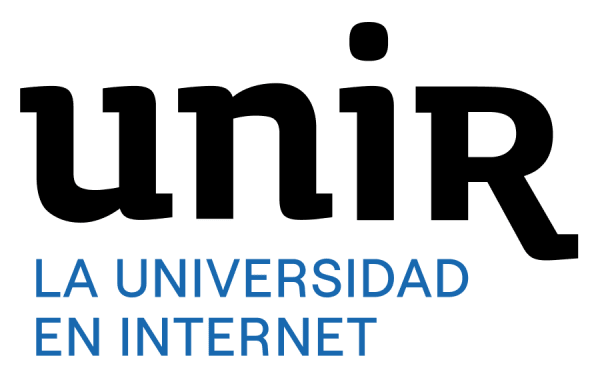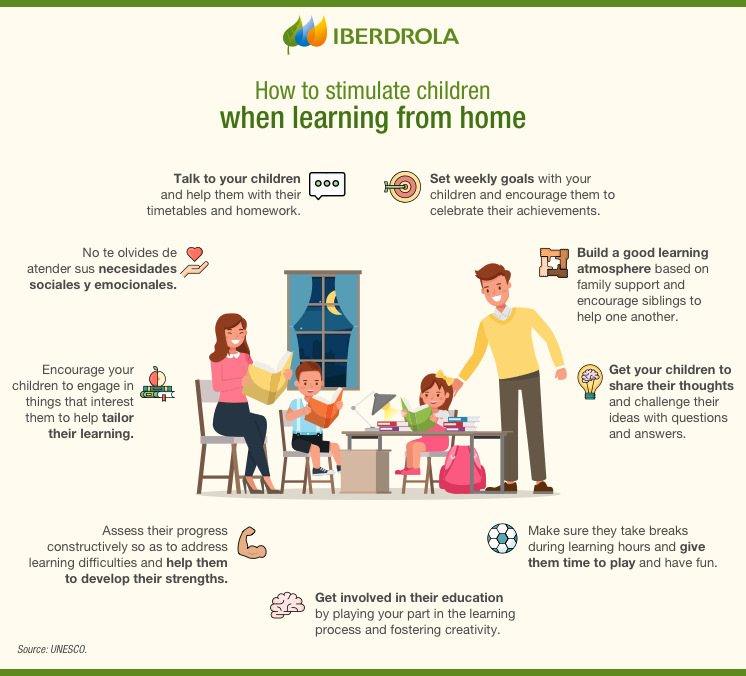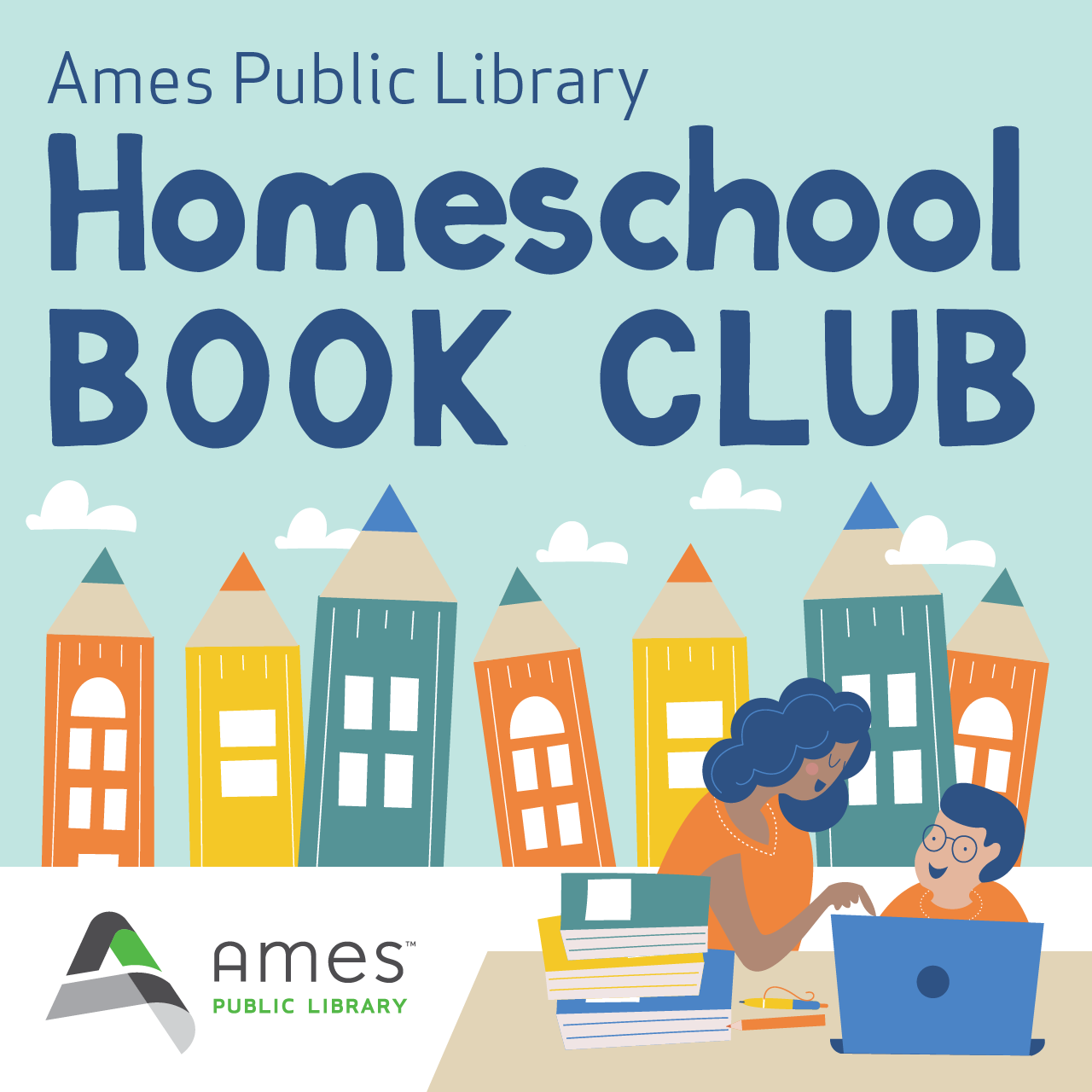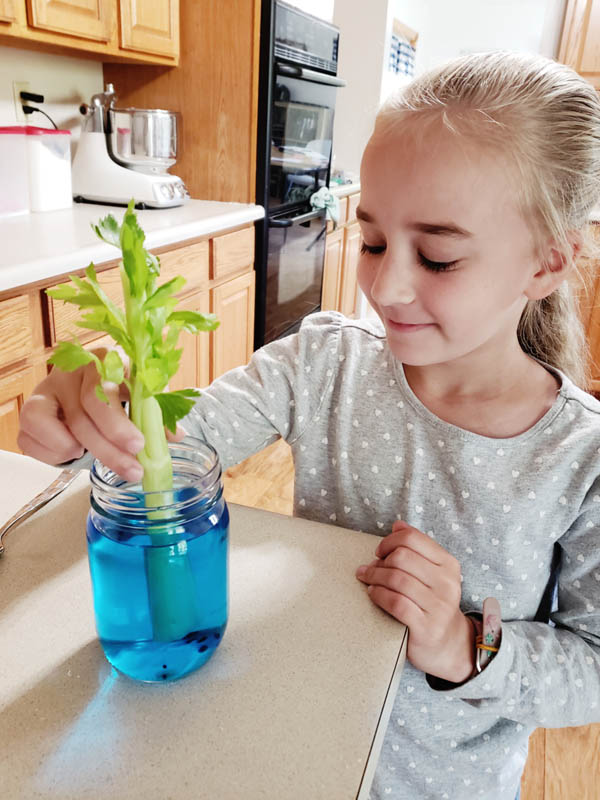Google Classroom Hacks Boost Your Student Skills Today!
Introduction:
Alright, students, let’s talk about leveling up your game with some seriously cool Google Classroom hacks! Whether you’re navigating the world of online learning or just looking to make your life a little easier, these tricks are sure to boost your skills and productivity. So, buckle up and get ready to become a Google Classroom ninja!
Organizing Your Courses:
First things first, let’s get organized. With Google Classroom, you can keep all your courses neatly arranged in one place. Create custom names for each class, color-code them for easy identification, and pin your most important courses to the top. Say goodbye to the days of hunting for your classes!
Mastering the Stream:
The Stream is your go-to hub for all things happening in your classes. Keep track of announcements, assignments, and class discussions here. Pro tip: use the “Filter” option to sort by class or view only assignments or announcements. It’s like having your own personal assistant organizing everything for you.
Turning in Assignments Like a Pro:
Ah, the dreaded assignments. But fear not! Google Classroom makes turning them in a breeze. When you’re ready to submit your work, simply click “Add” and choose the file from your Google Drive or upload it directly. No more scrambling to find that missing assignment—it’s all right there for you.
Customizing Notifications:
Let’s be real, notifications can be overwhelming. Take control of your Google Classroom notifications by customizing them to fit your needs. Want to be alerted only when a new assignment is posted? No problem. Adjust your notification settings to keep distractions at bay and stay focused on what matters.
Utilizing Google Drive Integration:
Google Drive is your best friend when it comes to Google Classroom. Seamlessly attach files from your Drive to assignments, collaborate on documents with classmates in real-time, and access all your work from any device. It’s like having a virtual backpack that never gets too heavy.
Collaborating with Classmates:
Group projects just got a whole lot easier with Google Classroom. Collaborate with your classmates on shared documents, slides, or sheets directly within the platform. No more emailing back and forth or worrying about version control. It’s teamwork made simple.
Taking Advantage of Google Meet Integration:
Need to chat with your teacher or classmates? Google Meet integration in Google Classroom has got you covered. Join virtual meetings directly from your Classroom, ask questions, discuss assignments, and stay connected with your learning community, no matter where you are.
Setting Reminders and Deadlines:
Stay on top of your assignments and deadlines by setting reminders in Google Classroom. When you have an upcoming assignment or test, simply add a reminder to your calendar. You’ll get a notification when it’s time to start working, helping you manage your time like a pro.
Exploring Hidden Features:
Did you know Google Classroom has some hidden gems waiting to be discovered? From keyboard shortcuts to quick access menus, take some time to explore all the features available. You’ll be amazed at how these little tricks













